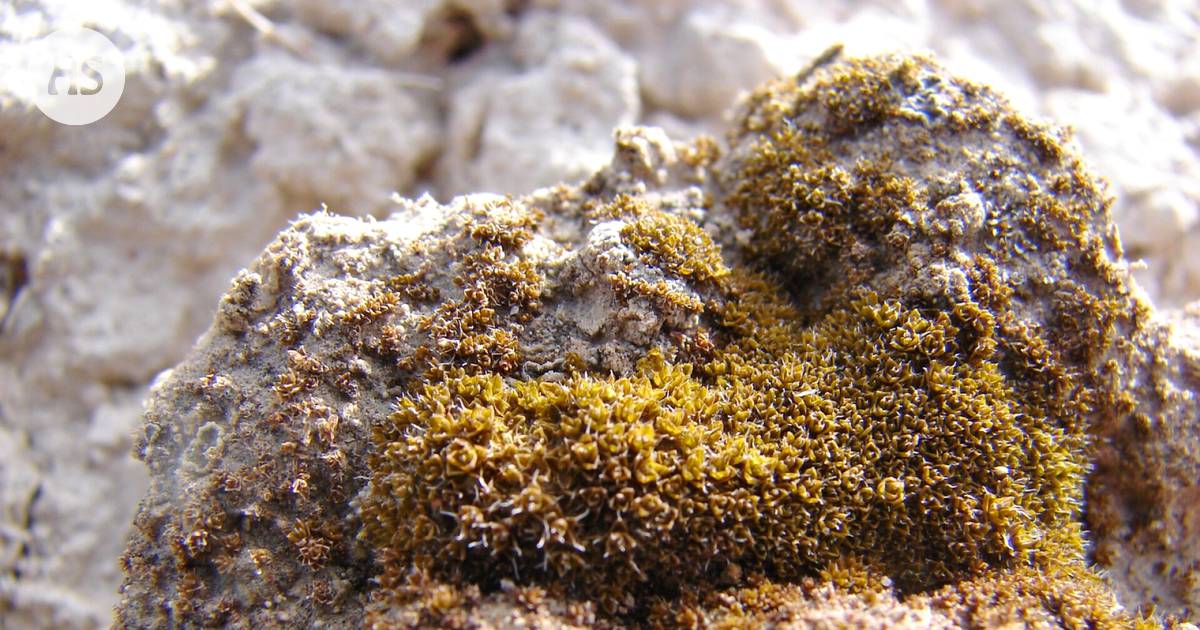A new study suggests that the bearded moss subspecies is a resilient plant that survives in challenging conditions on Earth, such as Tibet and Antarctica. This moss, known as Syntrichia caninervis, has been tested in extreme conditions like drought, cold, and radiation, and has shown remarkable survival capabilities. The research was published in The Innovation journal and highlighted in The Guardian and New Scientist.
Researchers found that the bearded moss subspecies can survive losing up to 98 percent of its water and recover from freezing after being stored at extreme temperatures. The plant’s ability to withstand radiation up to 500 grays, with the ability to promote growth even up to 500 grays, is also remarkable. However, damage becomes significant at 8,000 grays, showing the species’ limits.
The study focuses on the potential of using plants in outer space on the surface of planets rather than in greenhouses. Researchers suggest that these findings could lay the groundwork for populating outer space with plants that have adapted to extreme conditions through natural selection.
While the bearded moss subspecies shows promise for space colonization and could potentially help enrich rocky material on Mars, there are limitations to consider, such as toxic chemicals in Martian soil and the lack of breaks from extreme conditions available on Mars. Nevertheless, researchers believe it might be possible to transport the moss to Mars and introduce it to the planet’s surface. Further studies may be needed to explore the full potential of utilizing this resilient moss species for space missions.
